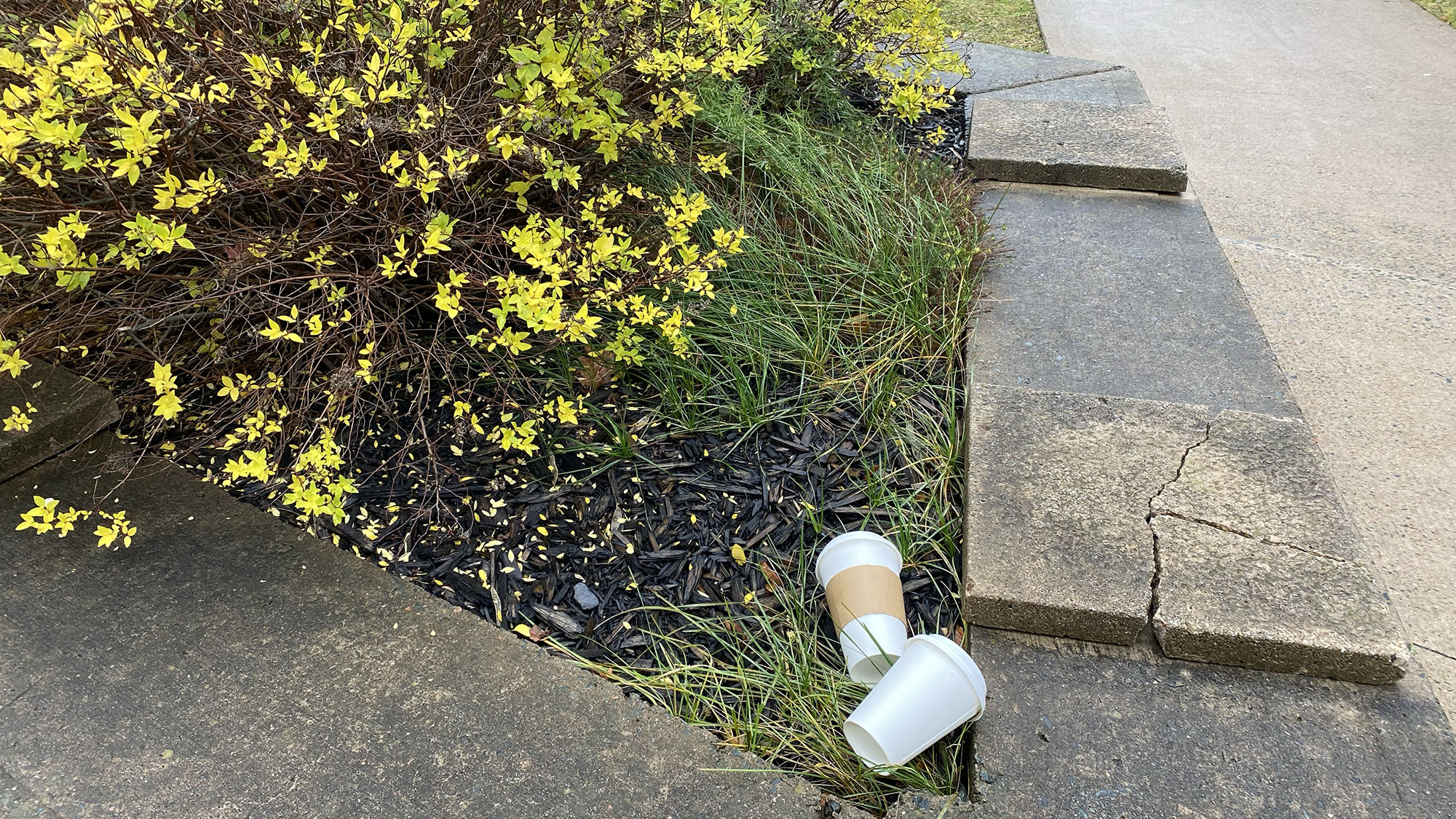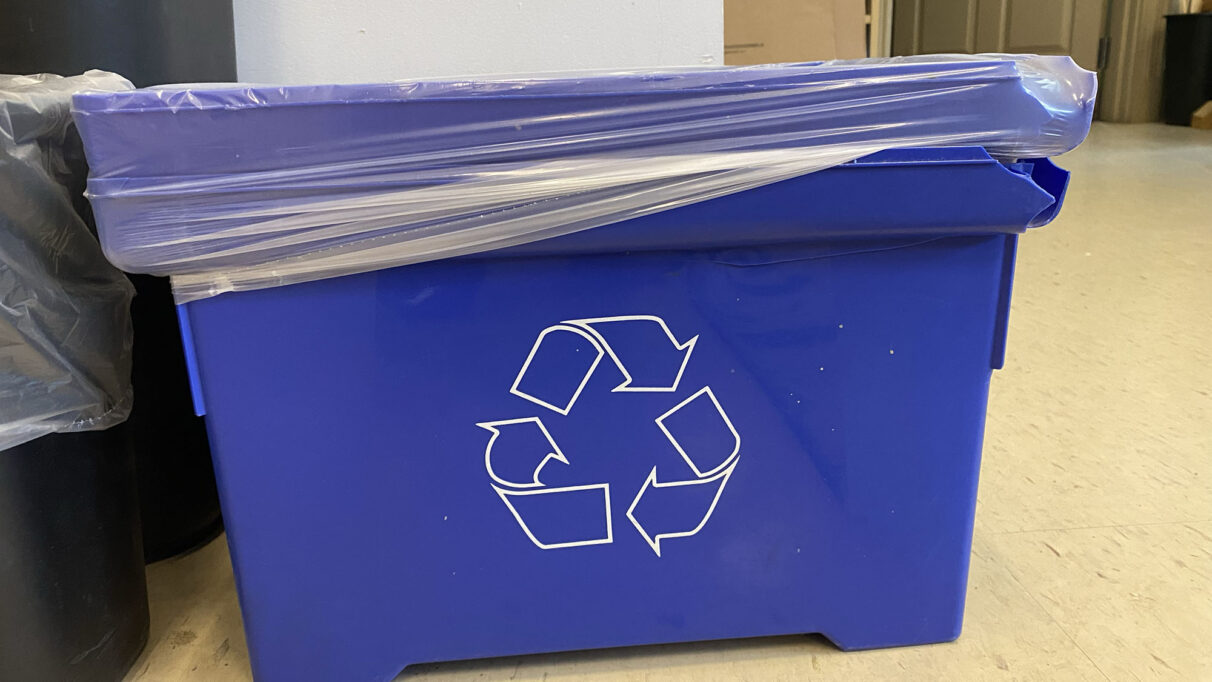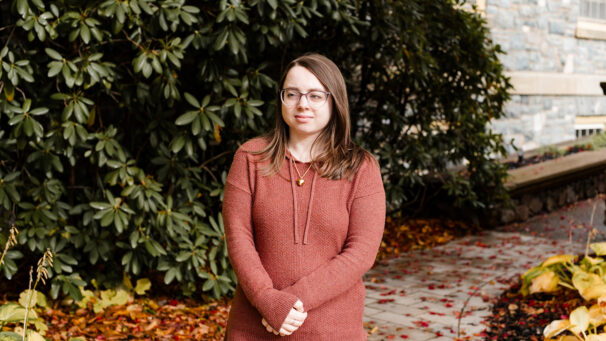New recycling rules begin Monday
List of 14 new blue-bag items was announced by the city on Nov. 17

caption
Disposable coffee cups are one of the 14 new items eligible for recycling.Rules around how you can dispose of your empty Tim’s cup change starting next week.
The provincial government’s updated recycling program, which includes new rules for packaging and paper, is set to begin on Monday, Dec. 1. There are 14 new items eligible for recycling.
The updated plan (called the extended producer responsibility, or EPR, program) shifts the responsibility of handling recycled materials from the municipality to the manufacturers.
The changes, first proposed in August 2023, also remove two items from the recycling list.
The list of added items consists of multi-layer paper containers like coffee cups and ice cream tubs, plastic tubes of toothpaste and deodorant, and small item plastic packaging like garden pots.
Books, along with kitchen pots and pans, will no longer go in the blue bin.
“Nova Scotians have been recycling for almost 30 years. So, it is nice that there are some additions to the types of material that will now be collected at the curb,” said Alanna McPhee of Divert Nova Scotia.

caption
The recycling program is meant to increase waste diversion and decrease the amount in our landfills.McPhee is the executive director of EPR oversight at Divert, which was appointed administrator of the regulations and will monitor the program’s performance.
Producers, manufacturers and retailers will now be required to register with Divert. The financial responsibility, along with the collection, recycling and management of the products they supply, is now on manufacturers and retailers.
This is a shift away from the current arrangement, where the onus is on the municipalities themselves, and by proxy taxpayers.
McPhee cites the many benefits to come from this program, from lower costs on municipalities to a positive effect on the environment. She says Divert’s goal is to reduce the amount of plastic and paper in Nova Scotia landfills.
“It certainly brings about a circular economy,” McPhee said.
Coun. Shawn Cleary said trash is becoming a prevalent issue in Halifax — particularly disposable coffee cups, which are often discarded in overflowing garbage bins along city streets.
“What I’m hopeful of is that instead of just tossing them in the trash, people will do a better job of putting them into the blue bags, making sure they get sorted so that they can now be taken care of,” said Cleary.
Natasha Johnson works at Canadian Recycling, a family-owned recycle depot in downtown Dartmouth. She has questions about the EPR program and how it will affect work at the depots.
She is also worried about the lack of communication to the public.
“I think it all comes down to communication and clarity,” said Johnson. “As a resident myself in the city, I have seen almost no communication about it. I’ve been asking friends of mine, they’ve seen nothing about it. I (only) know about it because I’m on the inside.”
Andrew Philopoulos is a managing director at Circular Materials, a not-for-profit organization that runs recycling systems across Canada. They will run this new program come Monday.
They are hoping for a seamless transition for Nova Scotians.
“Collaboration is key with these type of changes,” said Philopoulos. “It is a big change that is going on.”
He also said there will be items that can be taken to participating EnviroDepots, like foam packaging, candy wrappers, and chip bags.
About the author

Jenna McConnell
Jenna McConnell is a student in the one-year bachelor of journalism program. She has an undergraduate degree in linguistics and psychology from...

Leave a Reply